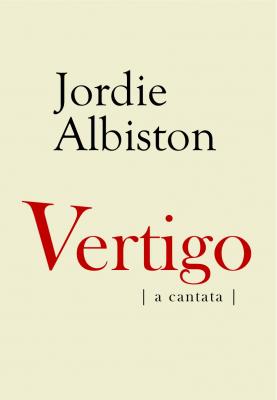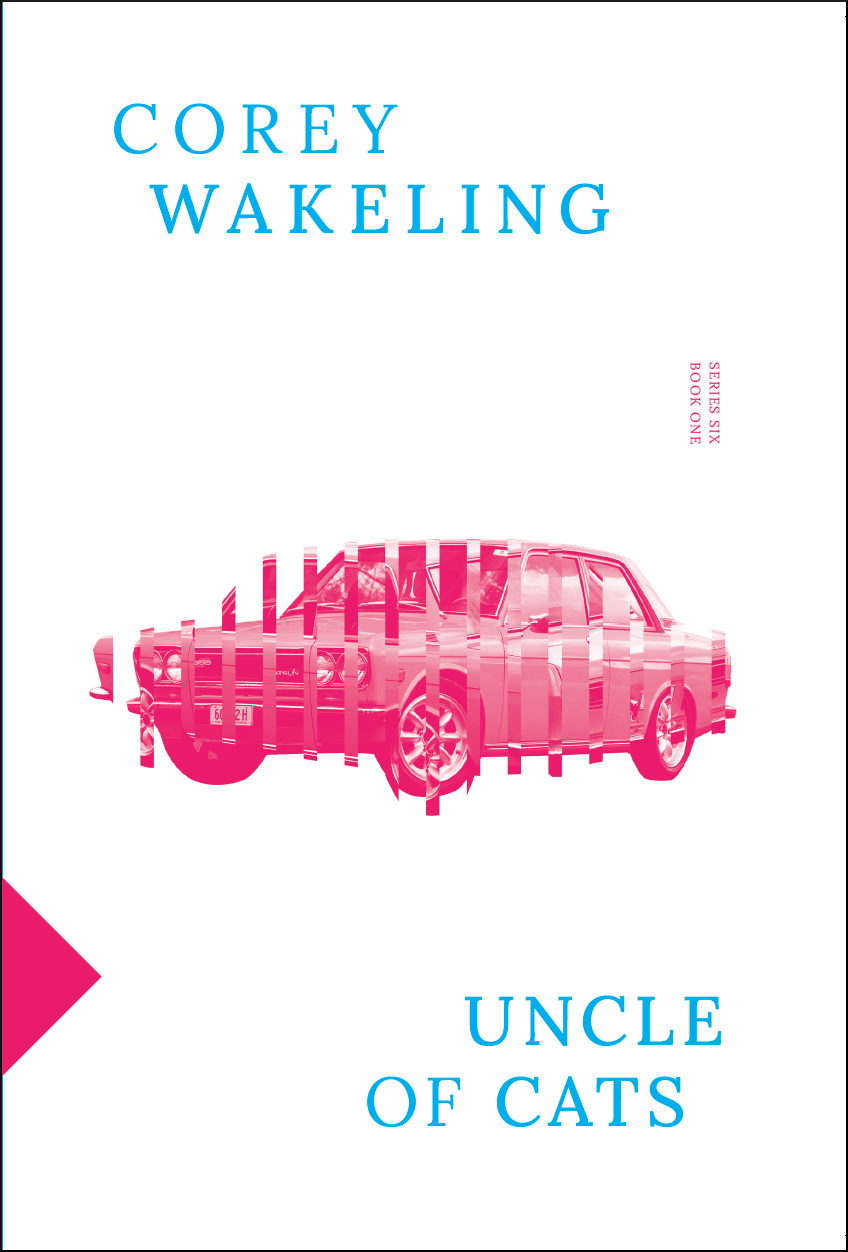 Vertigo: a cantata by Jordie Albiston
Vertigo: a cantata by Jordie Albiston
John Leonard Press, 2007
One might think a collection devoted entirely to a break-up could become tedious or lamentably repetitive, but Jordie Albiston ensures that each poem in Vertigo: a cantata has a unique vibrancy and separate tone. This is a book one can read again and again, since so much of it resonates with a universal experience of love and loss. But a personal identification with the book's themes would not be the only thing compelling this reviewer's return to this something-like-a-verse-novel collection; I also find its lyricism stirring.
Turning the book's pages is like entering through a new and freshly painted door each time. One room may find the narrative voice listing off ways of getting through the day to day – the difficult and the mundane suddenly similar – as in 'Anacrusis':
heartbeat head screwed on right way round
check │breathing being bellringing check
cooking crying calling friend (s) check │a
bit of an appetite hmm ok check │
Another room will see her accepting grief and dissecting it as a passage toward growth through a grander scheme of the everyday, as in 'Chorus #11':
the night breeze is beginning to
stir │ it is mightily soothing themind! │ we are writing this s-l-
o-w-l-y │ our heart unbroken │the good trees are leaning while
light disappears │and silence isfilling the sky │ we are falling
asleep but only for now! │ noone hundred years of dreamless
debating and all of that waitingaround! ║: we are at last back
on track! :║ so what can we tellof our incredible journey? how
can we detail our dive?
Yet with her consistent variation of tempo and style, the voice remains authentic and the poet faithful to the rhythmical musicality of her words. And as each poem is a progression from shock and depression to acquiescence and compliance, here is a narrative I am willing to follow (though I am loath to say this is a verse novel – I believe that particular genre demands much work on the part of the reader, but this book's linear ride offers s a simpler pleasure).
The book (called a cantata) is structured around various musical terms and therefore is intended to be read as an encompassing musical work. However, one does not need any previous knowledge of Italian musical terminology to make more sense of Albiston's words or overall purpose. Like clever titles of chapters in a novel that our eyes often and instinctively overlook, words like 'campanello' and 'dolente' do carry weight in their meaning, but not so much that the poems cannot be read without understanding their denotations and connotations. What the musical subtexts did for me was enhance my experience of reading Vertigo with a lyrical lilt in the forefront of my mind.
Repetition is key in both music and, arguably, poetry. Albiston uses repetition skilfully in individual poems (in, for example, 'Aria #8'):
the night breeze was beginning to stir │
it was cooling the burning inside my mindI was writing more quickly │ the pages
were turning │ the darkness was creepingbetween the good trees │ I was crying I
love you │ transcribing it wildly │ I wastrying to keep the words in one place │
they were killing the silence │ the pageswere burning │ the words were forcing
themselves from my pen
She also repeats the same motif or phrase throughout the collection; 'the good trees', for example, pops up many times. This repetition works not only to suggest a common stability in our world but to also represent a private, structured madness. Anyone who has ever dealt with a tragedy, be it large or small, can probably understand how this dichotomy can work. Albiston is clearly attuned.
Her cadence seems to be in motion with the tides, which is handy as it would appear that Australian readers of poetry love to be reminded of the ocean. There seems to be a real trend for Australian poets to position their work by or with the sea. Setting is an obvious reason and, for that reason alone, I find that too often I am transported to a seashore simply because the poet was probably sitting near one at the time of the poem's conception or composition. With Albiston I do not feel it is that easy. The emotions of the narrative's heroine ebb and flow, even crescendo, with the waves and so the ocean seems to be the ideal place for Vertigo to take us, as can be seen in 'Aria #7':
forever forever and forever │ I tongue the sounds
around my mouth as though saying were believing │it was an enormous day │ the old Lear sea intoned
in peaks its certainty of change │ while you and Iplaced arrhythmic repeats of all our faith in love
║: forever :║ today the ocean true to form bearslittle resemblance to the one we watched at sleep
in corridors of blue │ today the sea is brainwashedbrazen its disjointed waves attempting perfection
before wrecking themselves on the shore
This image of the ocean simply has to be more than setting. The passion for the sea and the death of the relationship are entwined, both feed off the other and become confused for the other, and there lingers the danger of drowning, as well as a hope for rebirth.
I could find very little wrong with Vertigo: a cantata, as may be expected of Jordie Albiston, a prize winning poet, and this being her fifth collection in twelve years. The book is highly communicative on a level with which most will have the ability to connect (who hasn't been hurt by the dissolution of a love?) and so it should be gobbled up by the masses. But it is due to Albiston's finely tuned ear and dexterous hand, her insight into the workings of the spoken and written language, and their compatibilities with music, that the book should be praised by the critics.
Heather Taylor Johnson holds a PhD in Creative Writing and is a poetry editor of Wet Ink.















